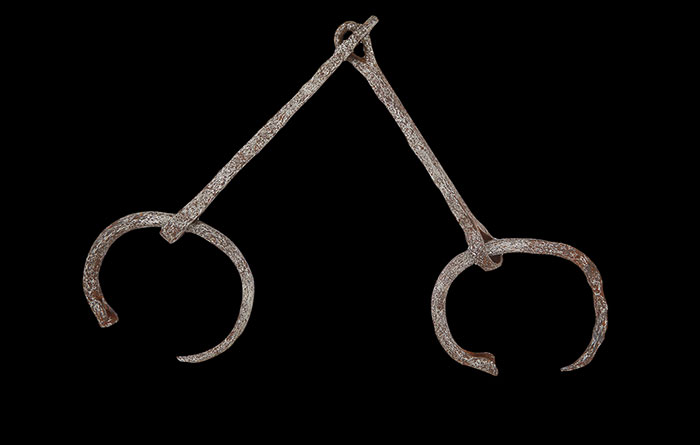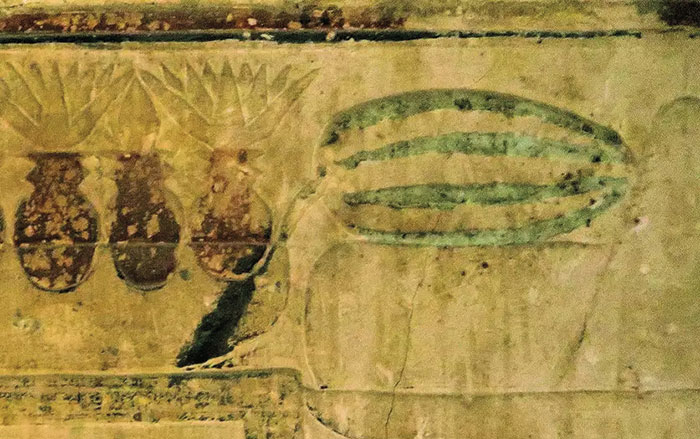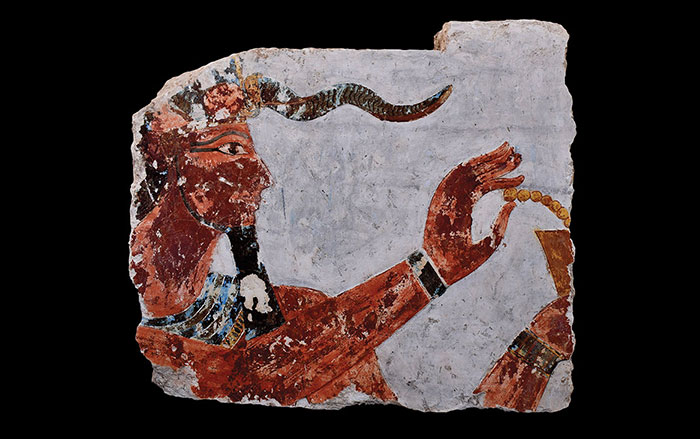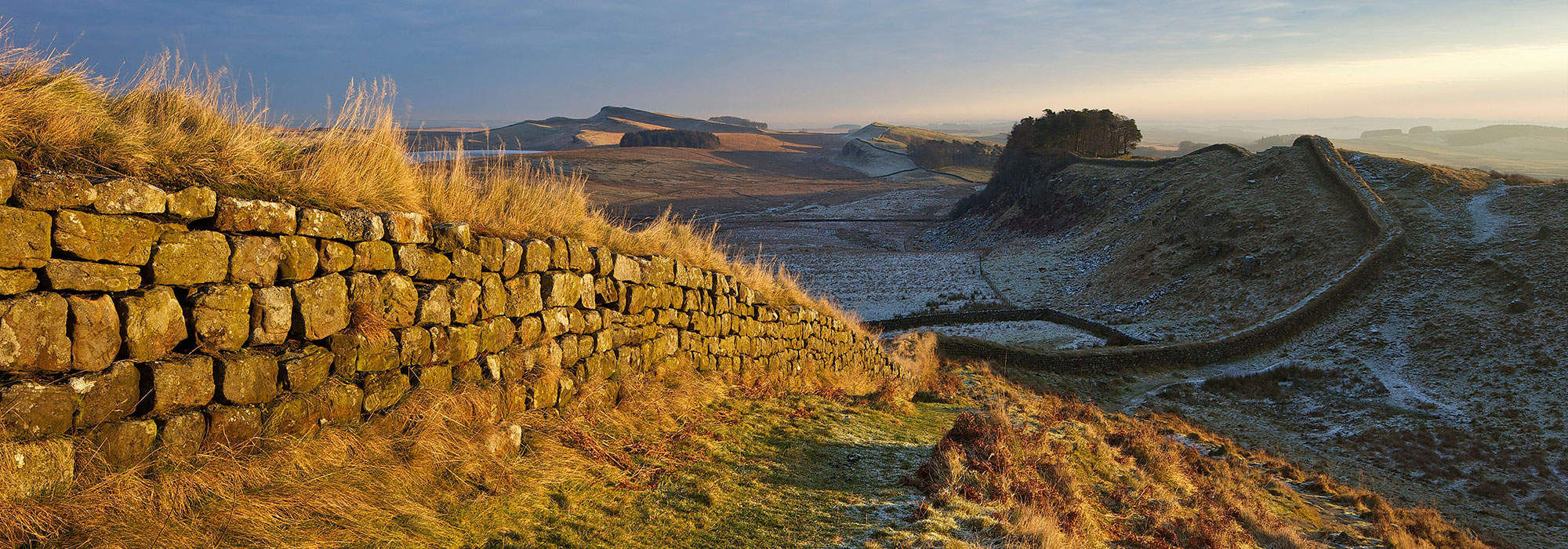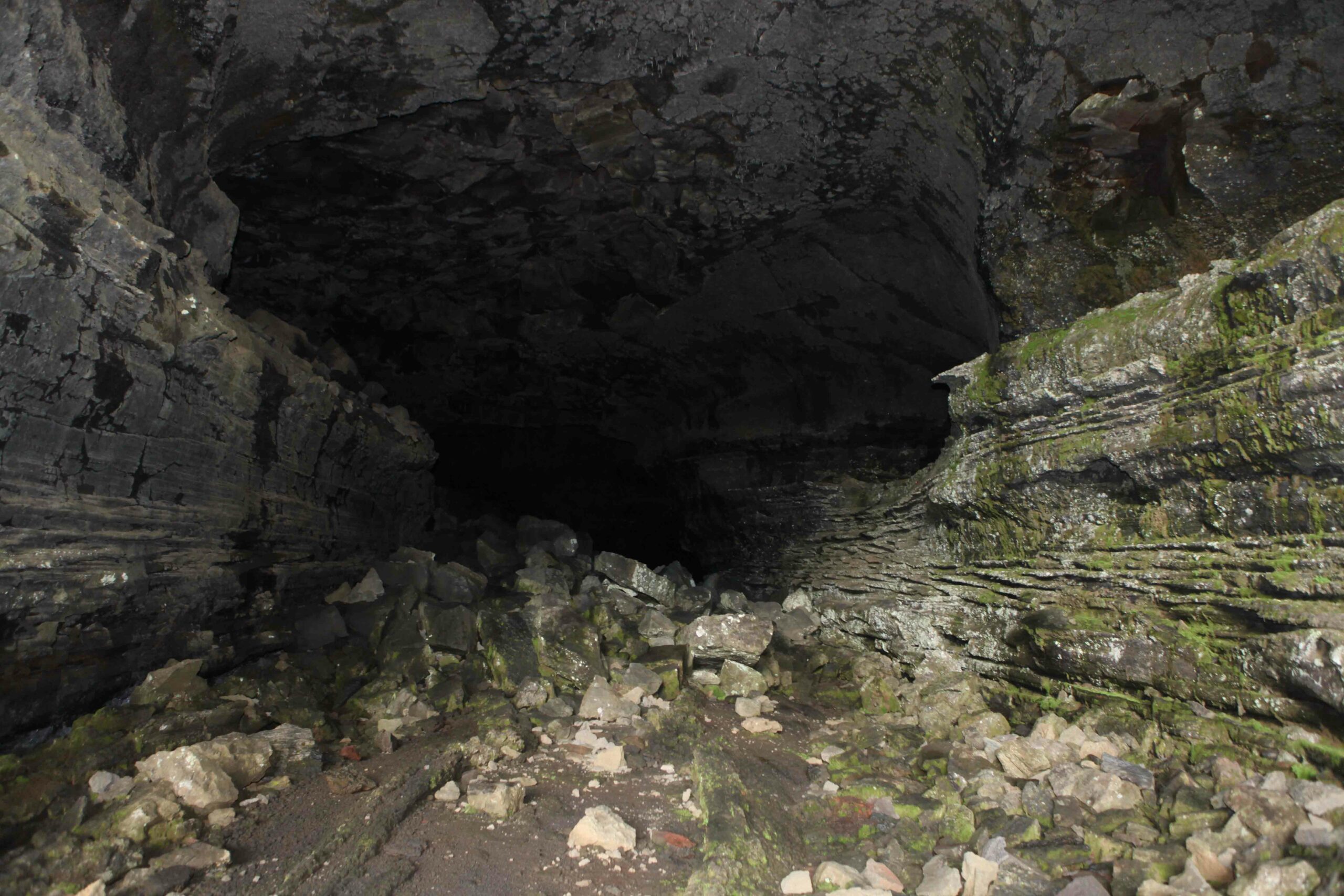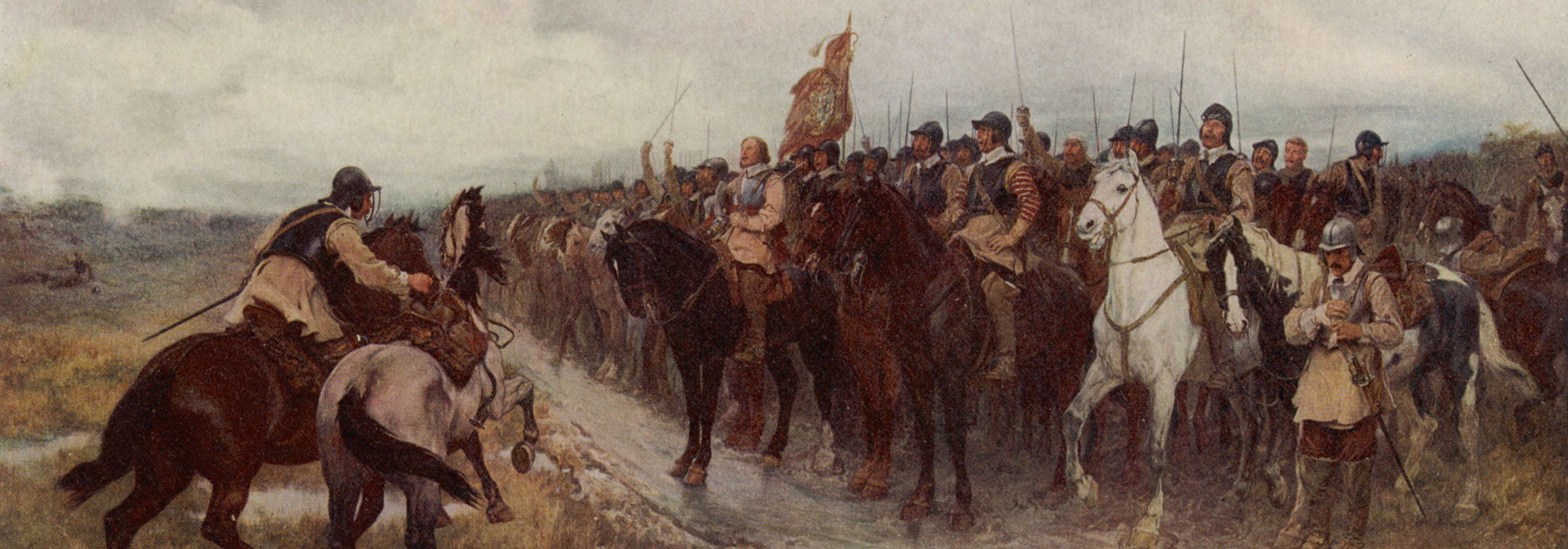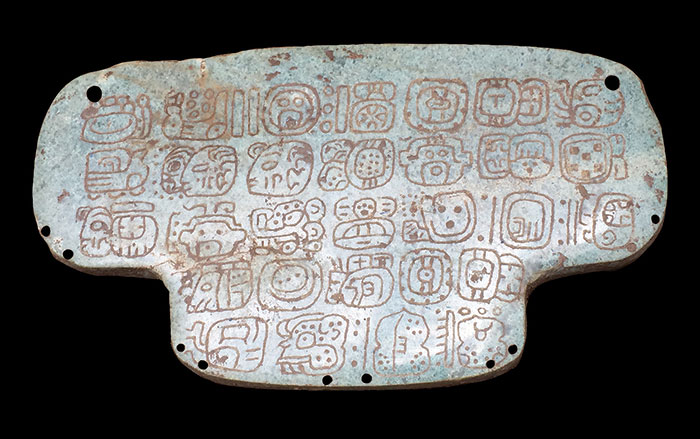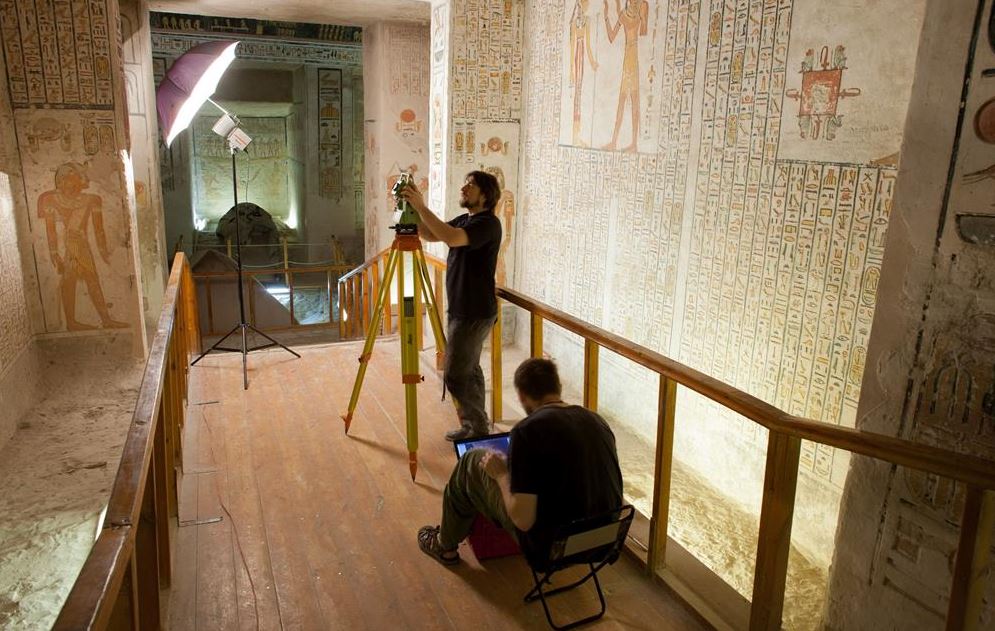
WARSAW, POLAND—Adam Łukaszewicz of the University of Warsaw and his team have completed a 3-D record of the walls of the tomb of Ramesses VI, in order to study the graffiti left by tourists some 2,000 years ago, according to a report in Science & Scholarship in Poland. The researchers found more than 1,000 inscriptions in the tomb, which is just one of at least ten of the 60 tombs in the Valley of the Kings marked with ancient travelers’ names and comments. Most of the inscriptions were carved into the rock or made with red paint. “The greatest number of inscriptions come from the Greek-Roman period, that is, from the time of the conquest of Egypt by Alexander the Great to the division of the Roman Empire in the fourth century,” Łukaszewicz said. Łukaszewicz notes that most of the visitors, some of whom were high-ranking officials, tried to avoid writing on the Egyptian decorations on the walls. The scientists will use their digital records to continue to study the inscriptions. For more, go to “Egypt’s Final Redoubt in Canaan.”


